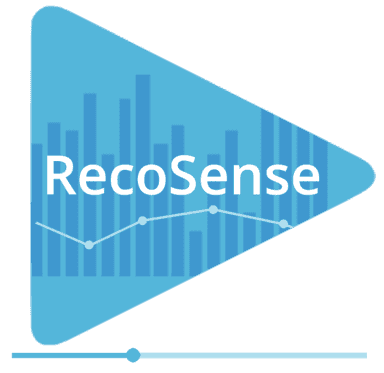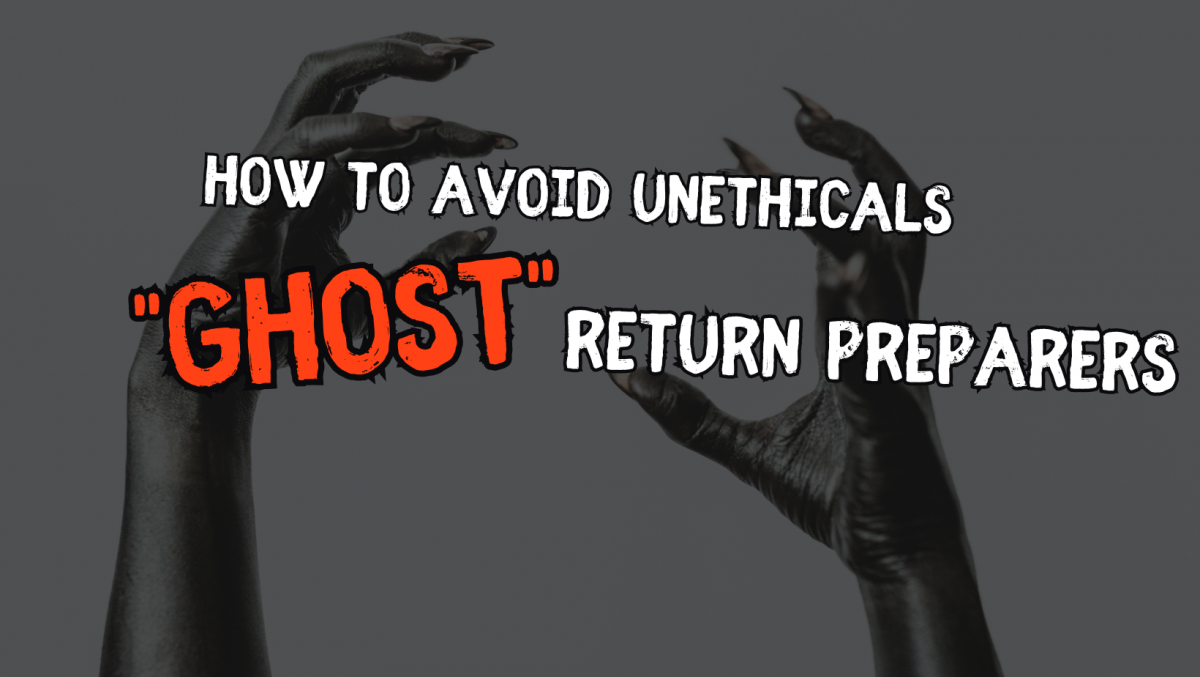According to a recent study, the time spent each year on taxes totals over 747,000 years, equivalent to consuming 9,700 human lifetimes based on the average life expectancy of 77 years. And as the annual tax season unfolds, individuals and businesses seek a dependable tax preparer to navigate the complexities of tax laws and regulations.
However, this comes accompanied by the lurking threat of unethical "ghost" preparers, ready to haunt unsuspecting taxpayers with their deceptive practices.
But fear not—with comprehensive knowledge and expert guidance, you can steer clear of these shadows and confidently select a reputable tax preparer. This blog will share expert tips for choosing a tax preparer while avoiding deceptive return preparers. What’s more? We’ve compiled a list of the crème de la crème of CPAs in the USA for 2024.
Let’s go.
Tips for Choosing a Tax Preparer
According to the National Taxpayers Union Foundation (NTUF), tax complexities cost Americans a whopping 6.5 billion hours and $260 billion. This highlights the importance of choosing the right tax preparer to save time and money. That’s why we’ve compiled these expert tips:
1. Credentials and qualifications
Begin your search by verifying the credentials and qualifications of potential tax preparers. Ensure that they possess a valid Preparer Tax Identification Number (PTIN) and hold relevant certifications such as Certified Public Accountant (CPA) or Enrolled Agent (EA). These credentials attest to their expertise and adherence to professional standards.
2. Reputation and experience
Delve into the preparer's reputation and experience within the industry. Seek recommendations from trusted sources, scrutinize online reviews, and inquire about their track record of success. A seasoned tax preparer with a sterling reputation will deliver accurate and reliable services.
3. Specialization and expertise
Consider your tax situation's specific needs and seek a preparer with expertise in relevant areas. Whether it's small business taxes, investment portfolios, or complex deductions, choose a preparer specializing in your unique requirements. Specialization ensures tailored advice and optimized tax strategies.
4. Transparent fee structure
Transparent fee structures are paramount in selecting a tax preparer. Request a clear breakdown of their fees upfront, including any additional charges for complex filings or consultations. Beware of preparers who base fees on a percentage of your refund, as this may incentivize unethical practices.
5. Communication and accessibility
Effective communication is fundamental to a successful client-preparer relationship. Choose a tax preparer who prioritizes accessibility and responsiveness, promptly addressing your inquiries and concerns throughout the tax preparation process. Clear and open communication fosters trust and ensures a seamless experience.
6. Ethical standards and compliance
Upholding ethical standards and compliance with IRS regulations is non-negotiable. Steer clear of "ghost" preparers who operate in the shadows, refusing to sign tax returns or engaging in cash-only transactions without receipts. Choose a preparer committed to ethical practices and transparency.
7. Continuing education and professional development
Tax laws are dynamic and subject to frequent changes. Select a tax preparer committed to continuing education and staying abreast of the latest tax law developments. A proactive approach to professional development ensures that your tax filings are accurate and compliant.
Amidst the vast array of options, the specter of unethical "ghost" return preparers looms large, posing a significant threat to unsuspecting taxpayers. This underscores the importance of vigilance and discernment when selecting someone authentic.
This brings us to the next logical question: How do we avoid these ‘ghost’ return preparers?
How to Avoid Unethical ‘Ghost’ Return Preparers
Adapt these simple yet effective strategies and safeguard yourself against these malevolent ‘Ghost’ return preparers:
- Verify credentials
Insist on verifying the credentials of prospective preparers, including their PTIN and professional certifications. Legitimate tax preparers will readily provide this information, while ‘ghost’ preparers may evade scrutiny by operating under the radar.
- Demand transparency
Transparency serves as a shield against unethical practices. Refrain from engaging with preparers who are reluctant to sign tax returns or insist on cash-only transactions without receipts. Transparent and ethical practices are hallmarks of reputable tax preparers.
- Conduct research and due diligence
Prioritize thorough research and due diligence before entrusting your tax affairs to a preparer. Seek recommendations from trusted sources, evaluate online reviews, and inquire about the preparer's reputation and track record. Diligence is your first line of defense against potential scams and fraud.
Parting Words
As tax season unfolds, the importance of selecting a reliable tax preparer cannot be overstated. With our comprehensive tips for choosing a tax preparer and insights into the best CPAs in the USA for 2024, you can navigate the tax season with confidence and peace of mind. Remember, diligence and discernment are your allies in the quest for financial security—choose wisely and keep your tax season free from uncertainties and worries.
Suppose your CPA or tax professional wants to enhance their preparation workflows with streamlined data extraction and analysis, auto-classification of extracted data, and conversational querying with NLQ. In that case, Qsense is your tax automation software that helps you do everything without breaking a sweat. Have questions or need further assistance? Reach out to our team—we're here to help.

